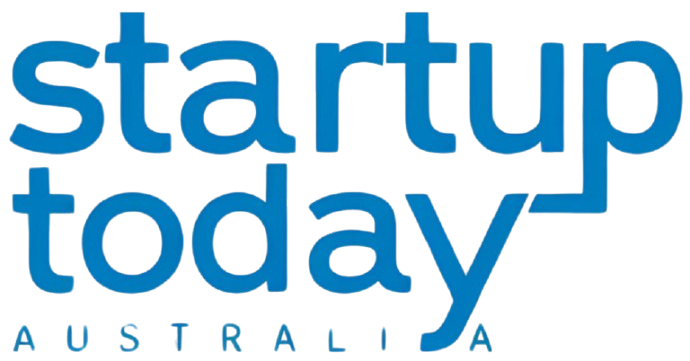The Fintech industry is rapidly transforming the global financial landscape. From reshaping the way we bank to empowering individuals to manage their personal finances, there’s no shortage of innovation—and opportunity. If you’re considering launching a Fintech startup, understanding the core types of financial software is essential. In this article, we explore five major categories of Fintech software that are revolutionizing the industry and offer promising potential for new ventures.
Each of these software types addresses specific needs within the financial ecosystem and can serve as the foundation for scalable, user-centric startups. Whether you’re targeting consumers, small businesses, or institutions, there’s room to innovate and disrupt traditional systems through smart technology and seamless user experiences.
Digital Banking Software

Digital banking software is at the heart of modern financial convenience. It enables users to manage their bank accounts, conduct transactions, apply for loans, and access various banking services—completely online. These platforms replicate the core functions of traditional banks but offer them in a more accessible, streamlined, and user-friendly format. Digital-only banks, also known as neobanks, are already seeing massive adoption thanks to their mobile-first approach and low overhead costs.
For entrepreneurs, digital banking presents a significant opportunity to build niche banking experiences. Instead of competing with major banks head-on, startups can focus on serving specific user groups such as freelancers, small business owners, students, or underserved communities. Integrating features like AI-powered budgeting, instant customer support, or sustainability tracking can help a digital bank stand out in a crowded market.
Insurance Technology (InsurTech) Software

InsurTech software is bringing much-needed innovation to the insurance sector, traditionally known for its slow and bureaucratic processes. These tools automate and enhance everything from policy underwriting and risk assessment to claims management and fraud detection. With the help of data analytics, AI, and machine learning, InsurTech solutions offer more accurate pricing models, faster approvals, and highly personalized policy recommendations.
Startups venturing into this space can focus on niche markets or simplify access to insurance for underrepresented demographics. For example, an InsurTech platform could provide instant micro-insurance policies for travelers, gig workers, or pet owners. Another option is to create tools that help users compare and switch insurance providers seamlessly, maximizing savings and transparency.
Personal Finance Management (PFM) Software

Personal Finance Management software has become increasingly popular among users looking to gain control over their financial lives. These applications centralize data from multiple accounts—bank, credit card, loans, investments—and provide a holistic view of an individual’s finances. Users can track spending, set budgets, monitor savings goals, and even receive personalized financial advice or alerts about unusual activity.
For a Fintech startup, the PFM space is ripe for innovation, particularly with a focus on user engagement. Imagine a PFM app with gamified savings challenges, rewards for good financial behavior, or community features that allow users to share goals and tips. By blending functionality with a strong user experience, startups can not only help users manage their money but also build brand loyalty and daily engagement.
Payment Processing Software

Payment processing software is the invisible backbone that powers digital commerce. These systems facilitate seamless transactions between buyers, sellers, banks, and card networks, enabling everything from point-of-sale transactions to mobile wallet payments and recurring subscriptions. As e-commerce and mobile commerce continue to grow, the demand for secure, fast, and user-friendly payment solutions remains high.
Startups in this space can focus on industry-specific solutions—like payment processors tailored for freelancers, healthcare providers, or subscription-based businesses. Another opportunity lies in building systems that integrate with emerging payment technologies, such as crypto wallets or biometric verification. The key is to reduce friction, enhance security, and provide a better user experience than traditional payment gateways.
Investment Software

Investment software has made the world of investing accessible to a wider audience than ever before. These platforms remove traditional barriers such as high fees, complex processes, and the need for intermediaries. With just a smartphone, users can now trade stocks, invest in ETFs, explore cryptocurrencies, or even crowdfund real estate—all in real time. Many platforms also include educational content, robo-advisors, and social investing features.
For Fintech startups, this space offers ample room to innovate. Consider launching a platform that targets beginner investors with simplified tools and tutorials, or one that focuses on ethical investing and ESG portfolios. There’s also growing interest in fractional investing, which allows users to buy small portions of high-value assets like art or luxury goods. The more inclusive and engaging the platform, the more likely it is to gain traction in a competitive market.
To read more startup stories visit- startuptodayaustralia




